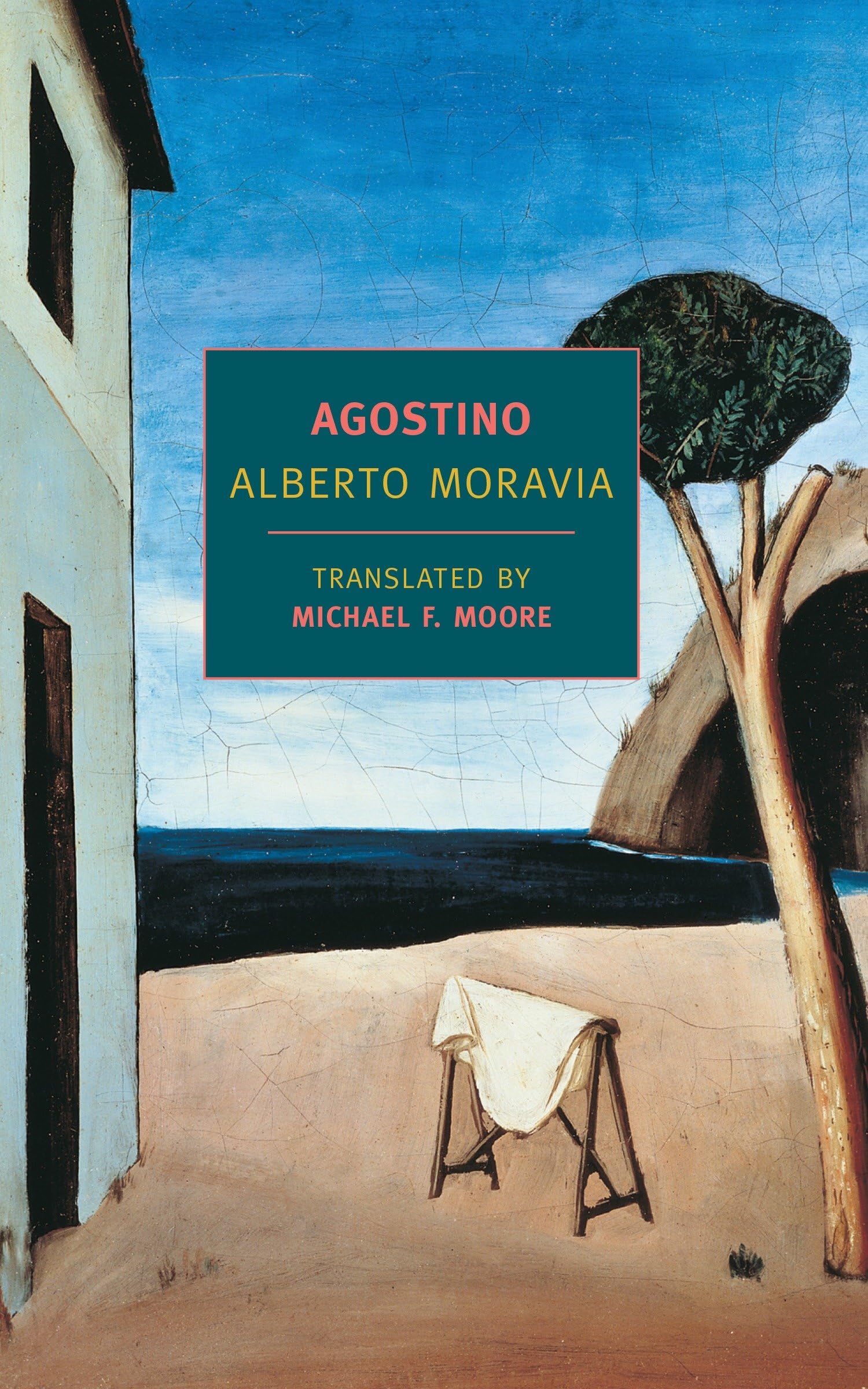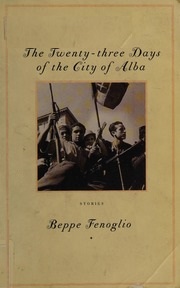
Bread and Wine
Book Description
In a world torn apart by poverty and political despair, a man finds solace in the simple acts of sharing bread and wine. Set against the backdrop of fascist Italy, Ignazio Silone weaves a tale of love, betrayal, and the indomitable spirit of hope. As friendships fracture and loyalties are tested, the crushing weight of a society on the brink reveals a cast of unforgettable characters clinging to their dreams. With every sip, secrets linger, and every bite uncovers new truths. Can the bonds of humanity withstand the chaos of a broken world, or will they crumble under pressure?
Quick Book Summary
Bread and Wine by Ignazio Silone, set in the oppressive climate of Fascist Italy, tells the story of Pietro Spina, an exiled socialist returning covertly to his homeland. Disguised as the priest Don Paolo, he witnesses the hardships endured by rural peasants struggling with poverty, ignorance, and state repression. Through daily interactions, Pietro confronts the complexities of faith, betrayal, and resistance while trying to inspire hope and political awakening among the powerless. The novel masterfully explores the conflict between personal ideals and harsh realities, portraying the simple act of sharing bread and wine as an enduring symbol of humanity. Silone illuminates the tension between despair and hope, making the story an enduring meditation on resilience, identity, and the moral struggle against tyranny.
Summary of Key Ideas
Table of Contents
Resistance and the Individual Conscience
Ignazio Silone’s 'Bread and Wine' centers around Pietro Spina, a socialist revolutionary who returns to Fascist Italy after years of exile. Forced into hiding, Pietro adopts the disguise of Don Paolo, a sickly priest, to evade the fascist authorities. As he journeys through the impoverished rural villages of the Abruzzi, he is confronted with the stark realities faced by peasants. Their ignorance, superstition, and resignation to suffering jar with Pietro’s revolutionary idealism. This contrast establishes the novel’s core conflict: the considerable gap between revolutionary aspirations and the entrenched suffering of the populace they strive to liberate.
Poverty and Social Injustice
Amidst the oppressive political climate, Pietro must grapple with the fragmentation of the socialist movement and his own personal disillusionment. While living among the villagers, he witnesses widespread poverty, illiteracy, and repression. Rural people are largely apathetic or indirectly complicit with the regime out of fear and hopelessness. This struggle pushes Pietro to question the effectiveness of violent revolution versus the possibility of personal transformation and the slow cultivation of collective consciousness as a path to change.
Identity, Faith, and Disguise
The themes of faith and disguise intertwine as Pietro, masquerading as a priest, navigates his own loss of faith in political dogma. He interacts with characters like Cristina, the doctor’s daughter, whose compassion and tragic fate deepen his understanding of sacrifice and the costs of resistance. Silone masterfully explores the crisis of identity under fascism, as Pietro’s dual role blurs the boundaries between genuine faith, spiritual guidance, and political activism, raising questions about authenticity and the masks we wear.
Betrayal, Loyalty, and Human Connection
Through multiple betrayals and fractured friendships, the novel examines the ambiguities of loyalty and survival in a totalitarian crisis. The characters’ moral choices are seldom clear-cut: some surrender out of necessity, others collaborate or inform under duress, and a few—like Pietro—cling desperately to their ideals. Yet, within moments of solidarity, Silone uncovers traces of dignity and hope: a loaf of bread or a glass of wine offered in fellowship becomes a small act of rebellion and faith in humanity, even in the face of despair.
The Power of Hope and Small Acts of Solidarity
Ultimately, 'Bread and Wine' is a testament to the endurance of hope amid bleak realities. Silone acknowledges the limits of individual action yet affirms the value of simple human connection and moral resistance. The narrative’s conclusion is neither triumphalist nor defeatist but recognizes the ongoing struggle for a more just and humane world. The enduring image of shared bread and wine encapsulates the resilience of the human spirit, offering solace and unity in times of darkness.
Download This Summary
Get a free PDF of this summary instantly — no email required.





